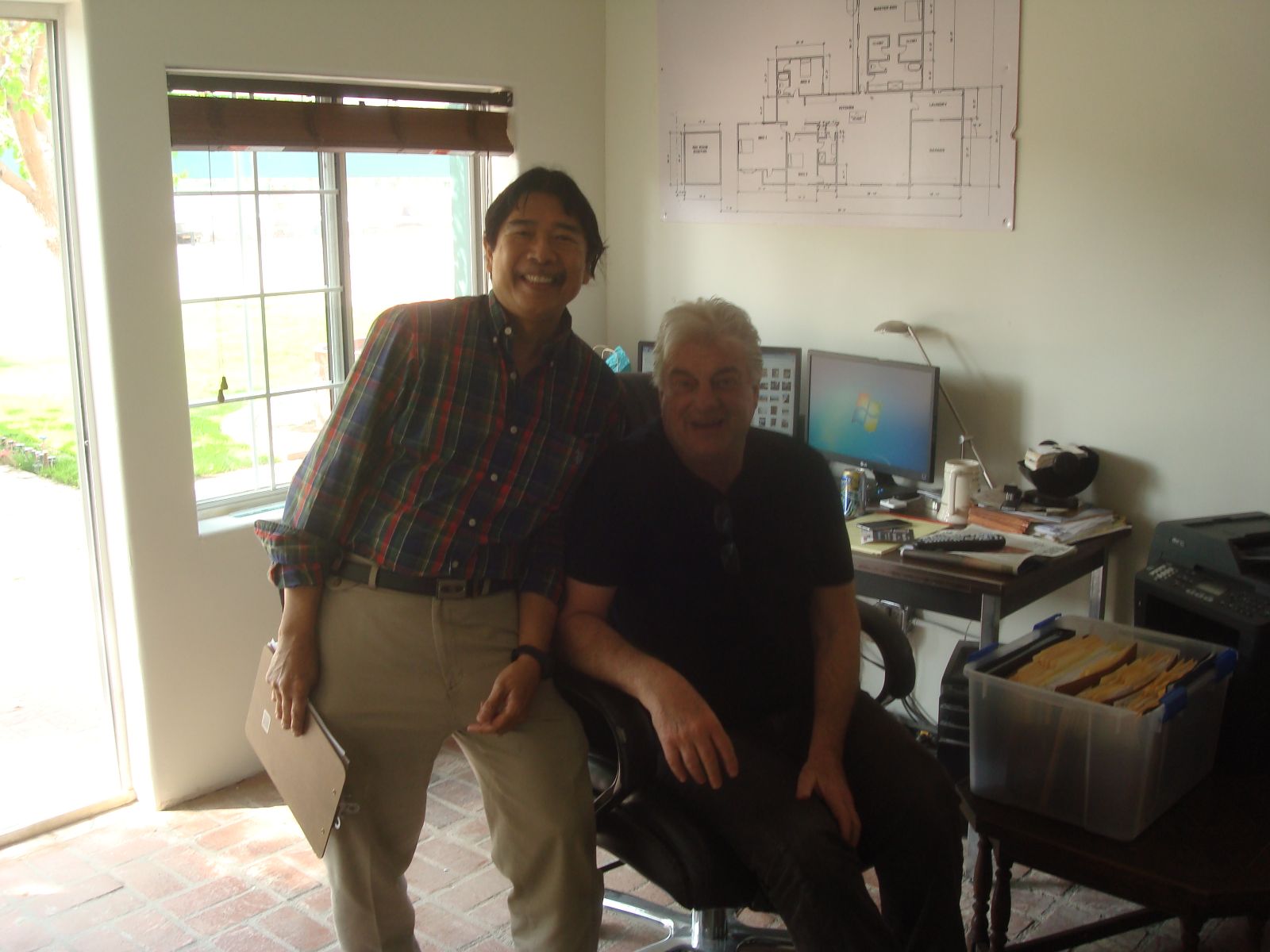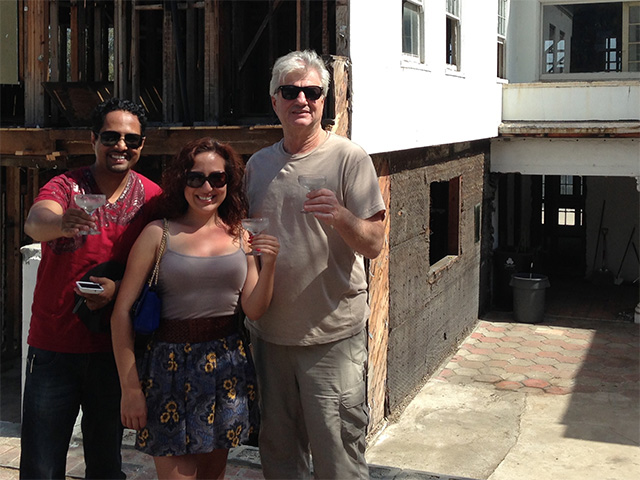Mentoring


Mentoring Programs
“Your Investing Starts Here”
We will have only one goal; for you to buy at least one property (if not several) within the next 60-90 days!

So, if you want to achieve rapid results, you should be working with us. The time is right now! Are you ready? If you’re serious about becoming a real estate investor and know you need/want your own mentor, please email (lloyd@larealestateinvestors.com) or call (310-409-8310), and let’s get started!
Initial Free Consultation: If you’re considering mentoring, and would like a complimentary private one-on-one consultation about your particular situation and real estate goals, contact Lloyd directly at 310-409-8310.

Special Features of our Unique Mentoring Program:
1.
Initial complimentary consultation
2.
No long-term contracts
3.
Month-to-month programs
4.
Private one-on-one meetings
5.
Step-by-step instructions
6.
Unlimited calls, texting & emails
7.
Cover the subjects you want to cover
8.
Go at your own speed
9.
10.
11.

Mentoring Schedule
(Modules will be re-arranged based upon your priorities and goals)
First Module.
How to Find Deals. In the first module, you will learn the various methods of finding deals. With inventories low, we must utilize non-traditional (as well as traditional) methods of finding properties for sale. Frequently the best deals are with distressed owners whose houses are never listed on the MLS or offered for sale. Let’s learn how to find these deals. During this period, you will also start submitting offers to sellers to buy properties (and this will continue as you progress through the modules).

Second Module.
Wholesaling. In the second module, you will learn how to wholesale properties. In other words, once you have a property under contract, you may prefer to simply “assign” your contract rather than buy the property yourself. In this module, you will learn how you structure the transaction, how to you get the seller to agree, and most importantly, how to find your buyers (“Buyers List”). Wholesaling is a very effective strategy to get started as a real estate investor if you’re just learning the business and don’t have much money.
Third Module.
Evaluating Deals and Visiting Properties. In the third module, you will start visiting various types of properties and evaluating whether they are good deals. What happens when you find a house for sale, but it is not a good deal? Or you find a great deal, but the seller is not cooperating? We’ll explore each of these challenges. You will learn what makes a good deal. Why is the owner selling? What is the interior and exterior condition of the house? Meeting face-to-face with owners is also crucial to understanding the acquisition process.
Fourth Module.
Structuring your Deals. In the fourth module, you’ll learn how to structure your deals. There are many different ways to structure the acquisition of a property and many different methods to provide the financing. We’ll explore each of the methods. Real Estate deals are win/win propositions. You want to buy the property for as little as possible. But what does the seller need to accomplish? Solving the seller’s needs will lead to your success as an investor.

Fifth Module.
Submitting Offers. As the adage goes, you will never buy a house if you never submit offers. In other words, you need to “Take Action,” which in this context means submitting offers, lots of offers! Which forms do you use, which clauses do you use, which terms and conditions are applicable, and how do you deliver your offer to the seller? We’ll explore all of these crucial issues in this module.
Sixth Module.
Negotiating Offers and Counter-Offers. In the sixth module, you will learn how to negotiate with sellers regarding offers and counter-offers. Your offer may be very close or far off. Too high or too low. Now is the time to fine tune your offers to meet the needs of the sellers. Similarly, you’ll learn how to handle counter-offers. The needs of the seller are crucial to your success.

Seventh Module.
Opening and Closing Escrow. In the seventh module, you will learn how to handle escrow, title insurance, inspections, appraisals, and all of the other crucial steps to a successful closing. You will learn how to work closely with your escrow officer, inspector, lender, appraiser, and title officer. You have 30 days (or less) to complete all of the inspections, obtain acceptable financing, and sign all of the escrow documents.
Eighth Module.
Advanced Deal Structuring. In the eighth module, you will delve deeper into structuring deals. At this stage, positive equity versus negative equity becomes important. Likewise, seller-financing, lease options, short sales, equity purchase, equity split, and subject-to purchase techniques will be discussed. Joint ventures, limited partnerships, corporations, and limited liability companies will also be taught.
Ninth Module.
Buying Foreclosures, Probates, and Bankruptcy Properties. In the ninth module, you will learn how to find, finance, and buy foreclosures, probates, and bankruptcy properties. These strategies are more complex, involve more moving parts, and sometimes require the approval of courts and/or trustees. We will explore it all.
Tenth Module.
Buy and Hold Strategies. Generally during an up-trending market you’ll want to fix and flip, while during a down-trending market you’ll want to buy and hold. In the tenth module, you will evaluate buy and hold strategies that you can utilize to purchase properties. You will learn how to analyze cash flow and select properties that are easiest to manage and increase value.
Eleventh Module.
Fix and Flip Strategies. As noted above, during an up-trending market, you can fix and flip houses with great success. In the eleventh module, you will explore how to find, finance, fix and flip houses. At this stage, learning how to hire contractors, renovate a house to maximize market value, and calculate after-repaired value become crucial to your success.
Twelfth Module.
Buying Multi-Residential and Commercial Properties. In the final module, you will be regularly buying and selling properties. So we will broaden your horizons by exploring investing in multi-residential and commercial properties (if you haven’t already). These properties offer higher appreciation but require more capital expenditures, and management skills.

